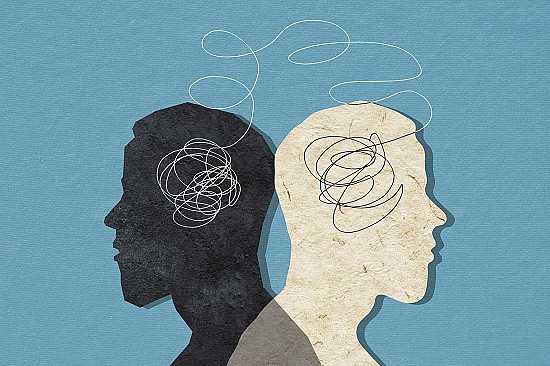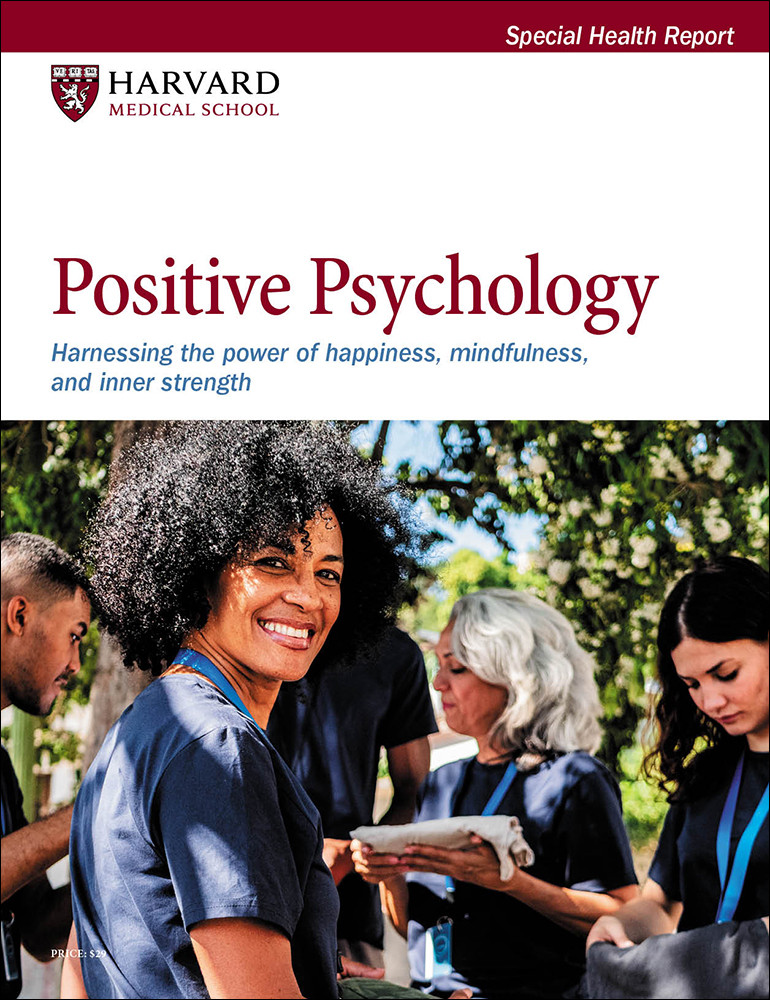Having a hobby tied to happiness and well-being
News briefs
- Reviewed by Anthony L. Komaroff, MD, Editor in Chief, Harvard Health Letter; Editorial Advisory Board Member, Harvard Health Publishing

Check those holiday gifts: if you received one that can get you started on a new hobby, it might be the gift that keeps on giving. A study published online Sept. 11, 2023, by Nature Medicine suggests that having a hobby is good for your health, mood, and more. Researchers combed through five large studies involving more than 93,000 people across 16 countries (including the United States, Japan, China, and a dozen European countries). Participants were all ages 65 or older, and more than 60% had longstanding mental or physical health conditions. They periodically answered questionnaires about their health and well-being, and were followed for four to eight years. Compared with people who didn't have hobbies, those who did reported better health, more happiness, fewer symptoms of depression, and higher life satisfaction. The findings were similar across all countries. The study is observational and doesn't prove that hobbies caused people to be healthy and happy. But the researchers say hobbies — such as arts and crafts, games, gardening, volunteering, or participating in clubs — involve creativity, sensory engagement, self-expression, relaxation, and cognitive stimulation, which are linked to good mental health and well-being. Plus, taking part in hobby groups keeps you socially connected, which helps reduce loneliness and isolation.
Image: © Burak Karademir/Getty Images
About the Author

Heidi Godman, Managing Director
About the Reviewer

Anthony L. Komaroff, MD, Editor in Chief, Harvard Health Letter; Editorial Advisory Board Member, Harvard Health Publishing
Disclaimer:
As a service to our readers, Harvard Health Publishing provides access to our library of archived content. Please note the date of last review or update on all articles.
No content on this site, regardless of date, should ever be used as a substitute for direct medical advice from your doctor or other qualified clinician.
















